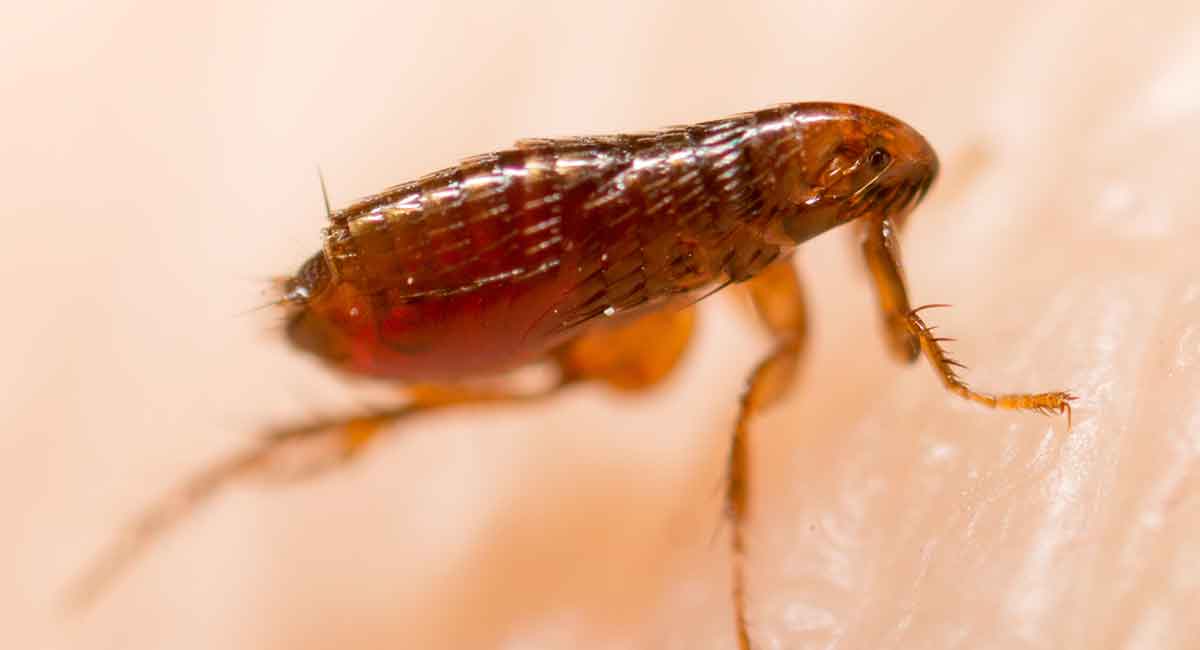All about fleas
What you need to know about this blood sucking pest!
Many of us associate the word ‘fleas’ with mess and dirt. But the reality is, that fleas infest the loveliest and cleanest of homes. They don’t need mess or dirt in order to survive and thrive. Just a nice fresh supply of blood.
Most of the flea infestations we deal with are cat fleas. These constitute the overwhelming majority of flea infestations in the UK. Very few homes have a flea problem if pets are not present.
The good news is that cat fleas don’t actually live on people. Human fleas, infesting human bodies and clothing are very rare. The bad news is, that whilst cat fleas don’t actually ride around on people, they are quite happy to bite them.
What do fleas look like?
Cat fleas are very small, about 2mm long, black and quite flattened (narrow from above) to enable them to pass easily through your pet’s fur. If you stroke your pet’s fur the wrong way you may see the fleas disappearing rapidly, and you are very likely to see the flea droppings on your animal’s skin. The droppings look like little bits of black grit and if you make some droppings wet and put them on a piece of white paper you will see blood spreading into the damp paper.
There are steps you can take to treat a flea problem yourself and prevent the recurrence of flea infestations in the future. With a really bad infestation, it is best to have your house treated by your pest control contractor.
The biology of the flea
Each female flea lays several hundred eggs in batches. She lays these in your cat’s fur, bedding, and anywhere the cat sleeps
A tiny white larva emerges from each egg and feeds on the organic debris (skin cells etc) present in any home. When mature, the larva which is now several millimetres in length, spins a silk cocoon.
The adult flea develops within a pupa inside the cocoon and at this point in its life cycle it has a nasty trick up its sleeve.
Instead of emerging from the cocoon after a set amount of time, the flea is able to wait until there is a supply of food at hand. It hatches when it feels the vibration of the animals it preys upon.
This means that if you go away on holiday, the fleas in your house will carry on making new fleas, but none of these will emerge from their cocoons until they feel your footsteps in the house again. The whole lot will then leap out as a nice surprise for you on your return!
Fleas feed on the blood of their host by injecting their piercing mouthparts into through the skin. Although fleas were once vectors of disease, nowadays this is rarely the case, and the worst effects of the bite on humans, are some very itchy spots.
Treating your flea problem
If you would like some help treating fleas on your property, you can call us now on
01428 714031

